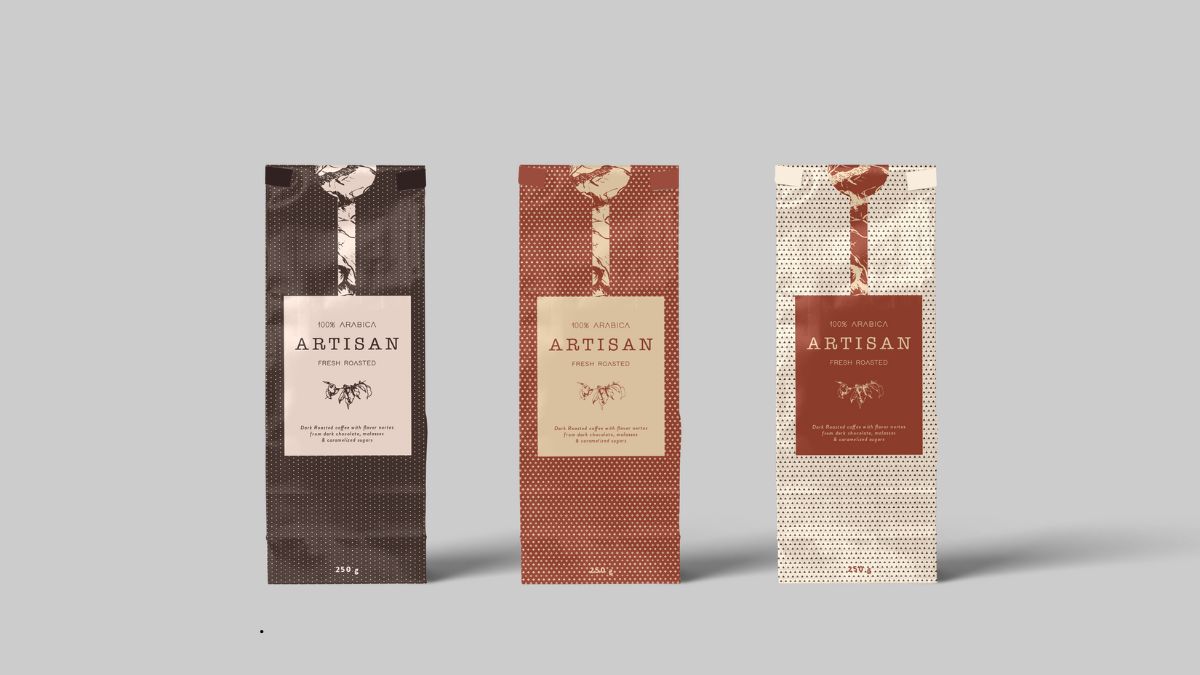
Entering the retail space for the first time can feel overwhelming. Packaging complexities, supply chain challenges, and strict quality standards are just a few of the hurdles brands must overcome to succeed. That’s where retail co-packers come in—offering scalable solutions that help consumer brands focus on growth, not logistics.
Whether you’re a start-up looking to enter national retail or an established CPG brand exploring new markets, this guide will help you understand the role of co-packers, the benefits they provide, and how to build an effective retail packaging strategy with their support.
What is a retail co-packer?
A retail co-packer, or contract packager, is a company that packages products on behalf of brands. These partners take your finished product and make it retail-ready—handling everything from portioning and sealing to labeling and logistics.
Unlike manufacturers, co-packers don’t make the product itself. Instead, they offer tailored packaging services that meet retail specifications, consumer preferences, and regulatory requirements.
Co-packing vs co-manufacturing
-
Co-packers focus on packaging and presentation.
-
Co-manufacturers focus on the production of goods.
Both can be outsourced, but co-packers are particularly useful for companies that already have a product and want to enter retail efficiently.
Why co-packers matter for new retail entrants
For businesses entering retail for the first time, co-packers provide an affordable, low-risk way to scale operations. They offer:
-
Infrastructure to meet large orders
-
Speed and consistency in packaging
-
Access to turnkey logistics and distribution services
-
Expertise in industry regulations and compliance
By outsourcing packaging to professionals, brands can maintain focus on product development, marketing, and customer experience.
Benefits of working with a co-packer
✅ Quality assurance
Co-packers follow strict quality control measures, ensuring consistent packaging across batches.
✅ Cost-efficiency
With economies of scale and existing infrastructure, co-packers help reduce the cost per unit.
✅ Scalability
Production can be ramped up during peak seasons or product launches without increasing overhead.
✅ Speed-to-market
Experienced co-packers can meet tight deadlines and help brands respond to fast-changing market demands.
Crafting your packaging strategy with a co-packer
An effective retail packaging strategy involves more than just placing products in boxes. It requires:
-
Market insight: What appeals to your audience? What are competitors doing?
-
Functional design: Is your packaging easy to handle, ship, and recycle?
-
Brand consistency: Does the design align with your brand identity?
A good co-packer will collaborate with you to create packaging that balances form, function, and cost—while complying with retail and food safety regulations.
Key considerations when choosing a co-packer
-
Experience in your product category
Ensure they understand your industry’s standards—especially if you’re in food, health, or cosmetics. -
Production capacity & flexibility
Can they scale with your growth? Do they accept low MOQs if you’re just starting? -
Certifications & compliance
Look for GMP, HACCP, ISO, or FDA-compliant facilities depending on your needs. -
Communication & transparency
Strong communication is key to managing expectations, deadlines, and pricing.
Transitioning from in-house to outsourced production
Moving from DIY to professional co-packing involves:
-
Reviewing your current limitations
-
Setting clear packaging expectations
-
Auditing potential partners for quality, lead time, and cost
-
Negotiating service level agreements (SLAs) and pricing models
A structured transition plan will help reduce disruptions and ensure packaging continuity.
Leveraging co-packers for launches and growth
Co-packers can be valuable partners during:
-
Product launches: Flexible batch production allows testing in new markets.
-
Promotional campaigns: Quick turnarounds for special edition packaging.
-
E-commerce: Customized D2C packaging for online fulfillment.
They also assist with inventory tracking and logistics, reducing warehousing needs and speeding up deliveries.
Conclusion
Retail co-packers are not just service providers—they are strategic partners that help brands scale faster, reduce costs, and maintain high quality in retail packaging. Whether you’re launching your first SKU or expanding to multiple retailers, a trusted co-packer can make the difference between chaos and growth.

